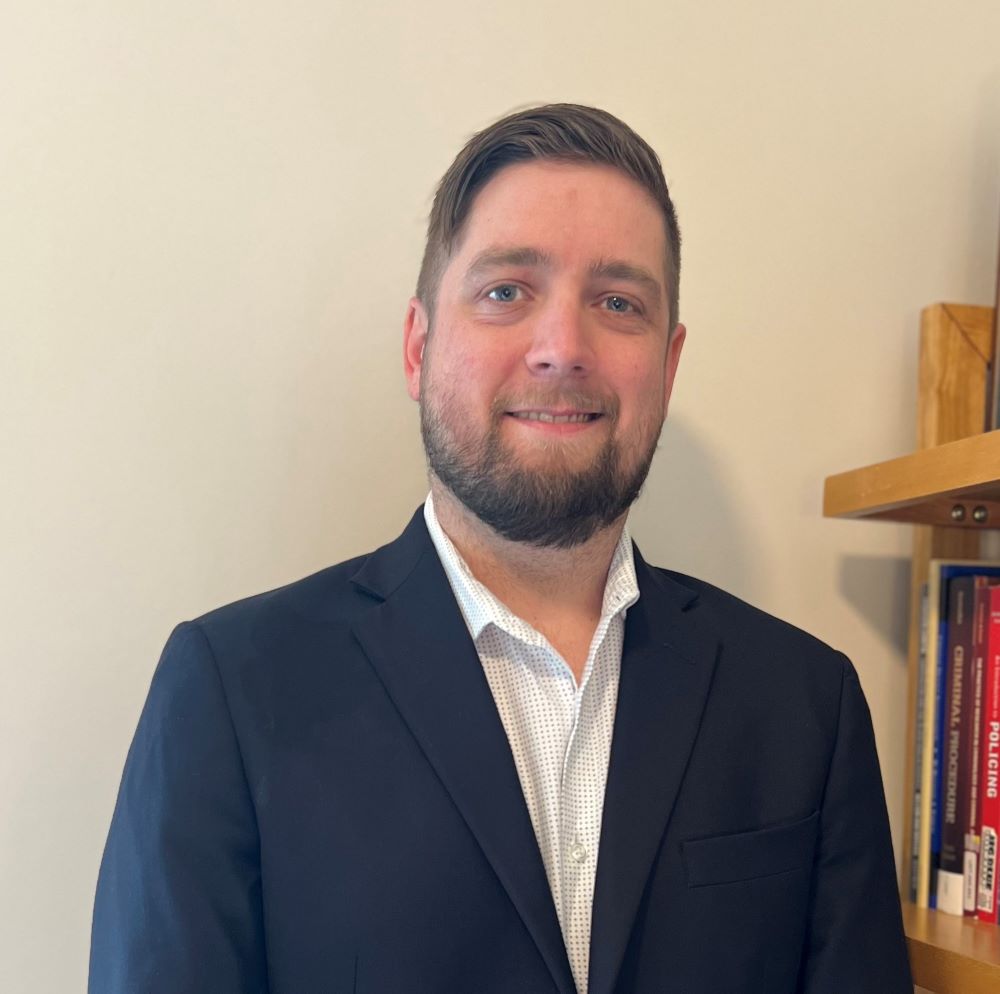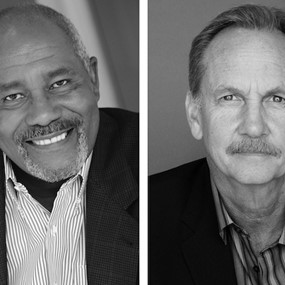Auburn alum uses literature degree to bring human element to criminal defense investigation
English literature alumnus Matthew Parker '13 finds fulfillment in a unique field: capital murder cases. Originally from Walnut Hill, Florida, Parker puts his degree in English literature to work in crafting narratives for criminal defendants.

In 2014, Parker started his career working for a former Auburn political science professor, Sean Schooley. After meeting through some mutual acquaintances, Parker jokingly expressed some interest in "following someone around" for Schooley's private investigation company. Unexpectedly, a few months later, the phone rang.
"He set me up and my first private investigation assignment that I had was what turned out to be a 14-hour continuous mobile surveillance of a subject," Parker said. "I was very, not necessarily ill-prepared for it, but I didn't really know what I was getting into. Ever since then I worked part time for him, until in 2016 when Schooley got a teaching job in Minnesota."
Using the attorney contacts he maintained from his work under Schooley, Parker opened his own private investigation business as the full-time owner and operator. Parker started the business doing surveillance, process service, delivering legal papers, background checks and other general private investigation responsibilities.
"It was very necessary to pay the bills to get started with because there's lots of work out there for it, but the hours are not great, and you're pretty much on call 24-7," Parker said. "Dr. Schooley had a few criminal defense investigation cases while I was with him, and I really enjoyed that work. I realized that criminal defense was not only satisfying, but it was going to allow me to have a normal person's schedule, so now I work towards exclusively doing that."
Most of Parker's cases are capital ones, which usually last for a couple years. Parker uses that time to flesh out witness statements, find new people, develop that narrative and provide context to what was going on. While the facts may seem cut and dry, Parker's job is to magnify anything that can translate into a plea deal for a lesser offense.
"I feel like I'm constantly using skills that I gained from my time at Auburn. A lot of the people that do what I do are retired law enforcement, so they kind of have the practical experience to conduct these interviews and stuff like that," Parker said. "What I started to notice was that because I have to generate so many reports, the ability to effectively communicate in a written form is what has allowed me to continue on in the criminal defense investigation side of it."
In a remarkable case Parker was a part of, the defendant was found guilty convicted of five counts of capital murder. A couple of years later, Parker got a call from attorneys who had picked it up on an appeal. In that case, there were some issues with the jury instructions that the judge gave and the decision got reversed.
"We had to do the whole trial again. It was super intense and we used a lot of the information that we didn't have the first time," Parker said. "The first time the defendant was kind of painted as an angry person who made a terrible decision and others lost their lives, but the second time it turned out that he was defending his brother from being killed. He went from five capital convictions with life sentences to full acquittal."
Parker believes that someone with a different educational background, such as a liberal arts degree, can provide a very valuable perspective in a field that is mostly dominated by fact-driven processes. When Parker decided to get an English degree, it was because he enjoyed writing and thought about being a teacher. He always wanted to help people, and now he gets to in a way he didn't know was possible.
"You would think capital murder defendants are a rough bunch of people, but whenever I sit down and talk with them, you find out that so many of these people are a victim of circumstance and it really gives me this kind of personal motivation to do what I can for them," Parker said. "A lot of the people that I interact with on a day-to-day basis are in a disadvantaged position, and they're not often shown respect or even courtesy, so being able to go in and just talk to someone like they're a normal person, which they are unfortunately not accustomed to, is incredible."
Parker makes an effort to maintain relationships with his defendant's parents even after everything is said and done, just because he wants to. Parker loves the chance to bring that human element to something that's generally very procedural.
"This job has just been so fulfilling in ways that I couldn't have even imagined, and it's kind of that less tangible, 'I want to help people or I want to do good, but I don't know how to do it,'" Parker said. "I would encourage people to really look into all these different fields because defense investigation sounds like it's very by the numbers, and it is to a degree, but there's so much that people who I think are drawn to a liberal arts education would also do well in and would enjoy."







